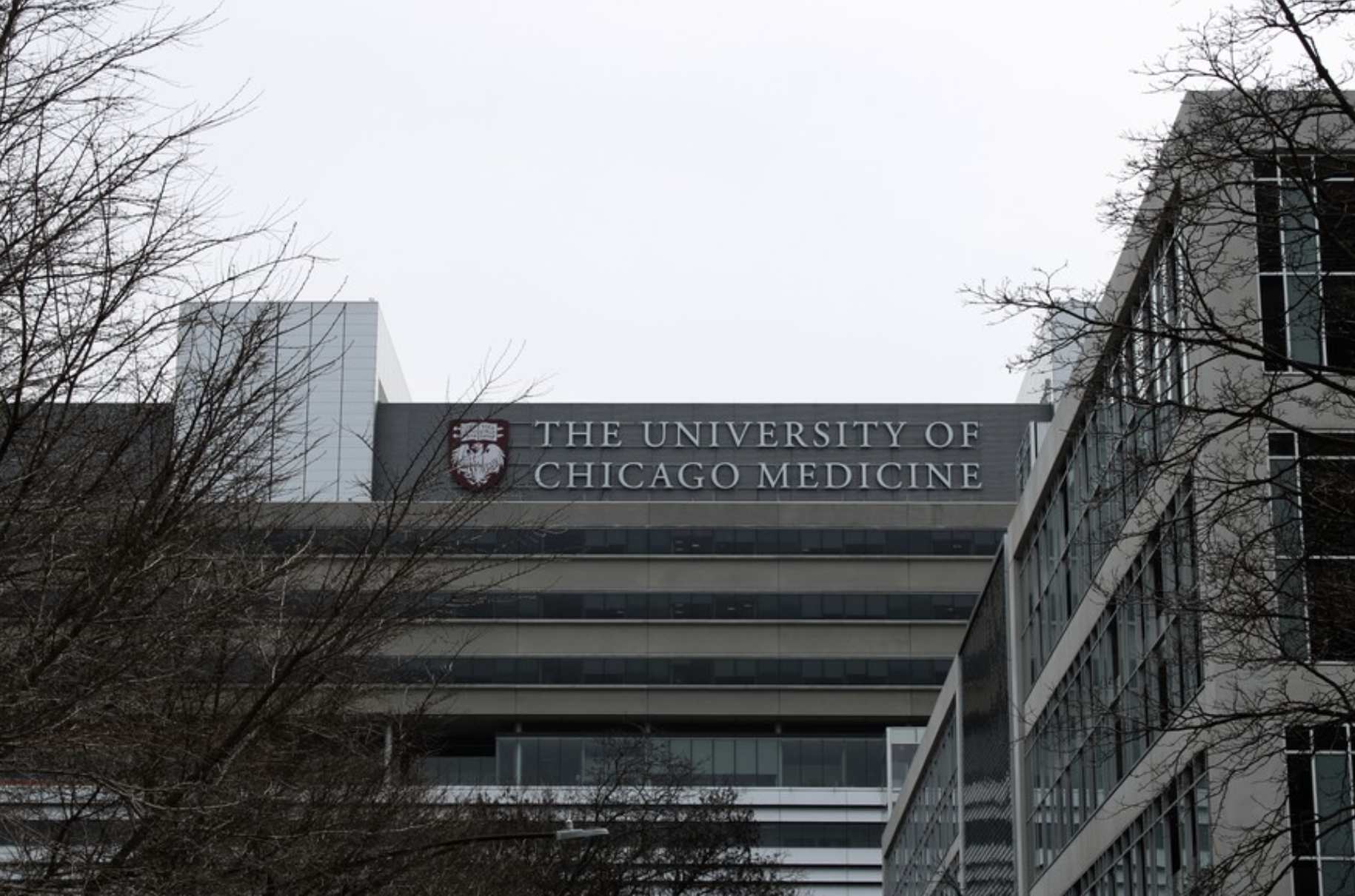Racism has made water hazardous to our health, but climate leaders are hopeful the Biden-Harris administration will bring change
In the 1830s, New York City was hit hard by cholera, a bacterial disease usually spread through contaminated water causing an infection of the intestines. The poorest neighborhoods, including the slum known as Five Points where African Americans and immigrant Irish Catholics were the majority, were hit hardest. While modern sewage and water treatment have helped eradicate cholera in some countries, the problem was not just the lack of infrastructure: it was the presence of racism.
COVID-19 Reduced U.S. life expectancy, especially among Black and Latino populations
The Covid-19 pandemic, which claimed more than 336,000 lives in the United States in 2020, has significantly affected life expectancy, University of Southern California (USC) and Princeton University researchers have found.
Why Some Black and Latinx People Are Reluctant to Get the COVID-19 Vaccine
In the past, racist, and sometimes dangerous, health policies and clinical experiments have targeted particularly vulnerable Black and brown communities.
Covid-19 is devastating communities of color. Can vaccines counter racial inequity?
Haywood County, a majority-Black community not far from Memphis, has one health department, one nursing home and no hospitals. The fatality rate of covid-19, the disease caused by the coronavirus, is 50 percent higher than the state average.
Institutional racism contributes to Covid-19's "double whammy" impact on the Black community, Fauci says
Institutional racism in the United States contributes to the disproportional impact that the coronavirus pandemic has had on the Black community, the nation's top infectious disease expert, Dr. Anthony Fauci, said on Tuesday.
Social Determinants of Health Are Key to Understanding the Pandemic, UChicago Health Geographer Says
Understanding the set of social factors that influence health outcomes is crucial to modeling the effects of the COVID-19 pandemic, according to University of Chicago health geographer Marynia Kolak.
How racism amplifies Covid-19 risk for everyone
America is unable to contain the surging pandemic because we refuse to reckon with the racial inequities that drive it.
Hospital Bills For Uninsured COVID-19 Patients Are Covered, But No One Tells Them
When Darius Settles died from COVID-19 on the Fourth of July, his family and the city of Nashville, Tenn., were shocked. Even the mayor noted the passing of a 30-year-old without any underlying conditions — one of the city's youngest fatalities at that point.
Mental Health Disparities Among Black Americans During the COVID-19 Pandemic
The COVID-19 pandemic has disproportionately affected people of color due to legal, social, and economic inequities.
The disproportionate mental health effects of Covid-19 on Black and Latino populations
A global pandemic, economic lockdown, and enforced social distancing are hard on everyone’s mental health. Some people are especially vulnerable.
The crisis of mistrust and COVID-19: Race and re-imagining tracing and vaccination
COVID-19 has had disproportionate effect on African Americans and its time to re-imagine tracing and vaccination in order to control the virus.
COVID-19 Hospitalization and Death by Race/Ethnicity
Race and ethnicity are risk markers for other underlying conditions that impact health — including socioeconomic status, access to health care, and increased exposure to the virus due to occupation (e.g., frontline, essential, and critical infrastructure workers).
The Fullest Look Yet at the Racial Inequity of Coronavirus
Racial disparities in who contracts the virus have played out in big cities like Milwaukee and New York, but also in smaller metropolitan areas like Grand Rapids, Mich., where the Bradleys live. Those inequities became painfully apparent when Ms. Bradley, who is Black, was wheeled through the emergency room.
Black Families Were Hit Hard by the Pandemic. The Effects on Children May Be Lasting.
Setbacks in household wealth and the toxic stress of racism can have long-term effects, experts said.














